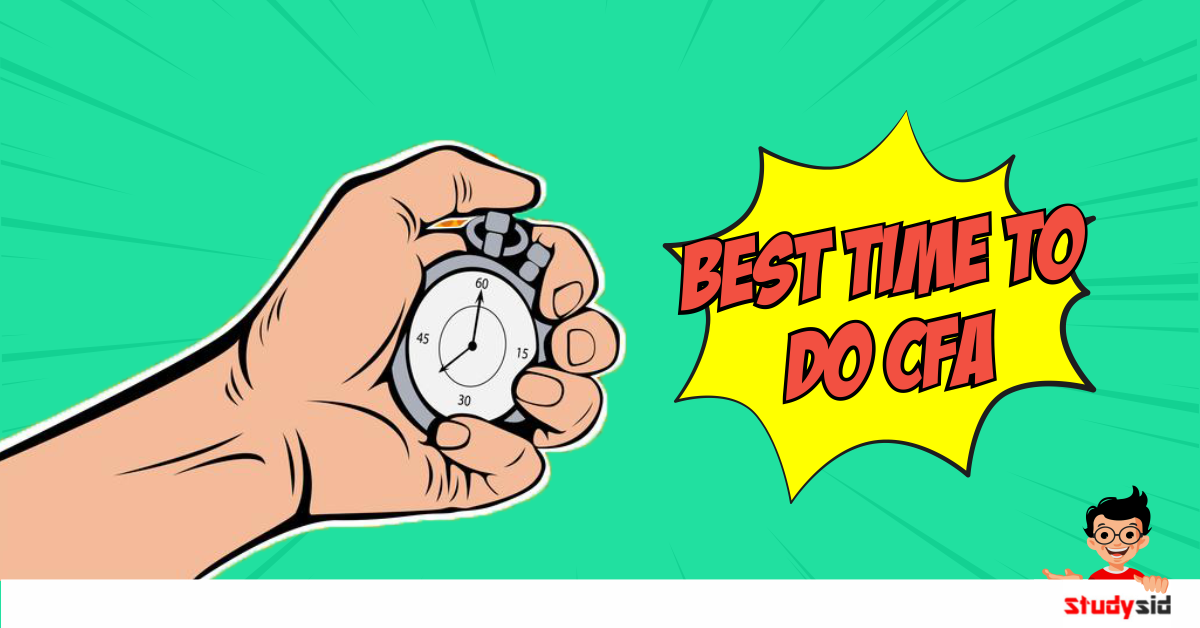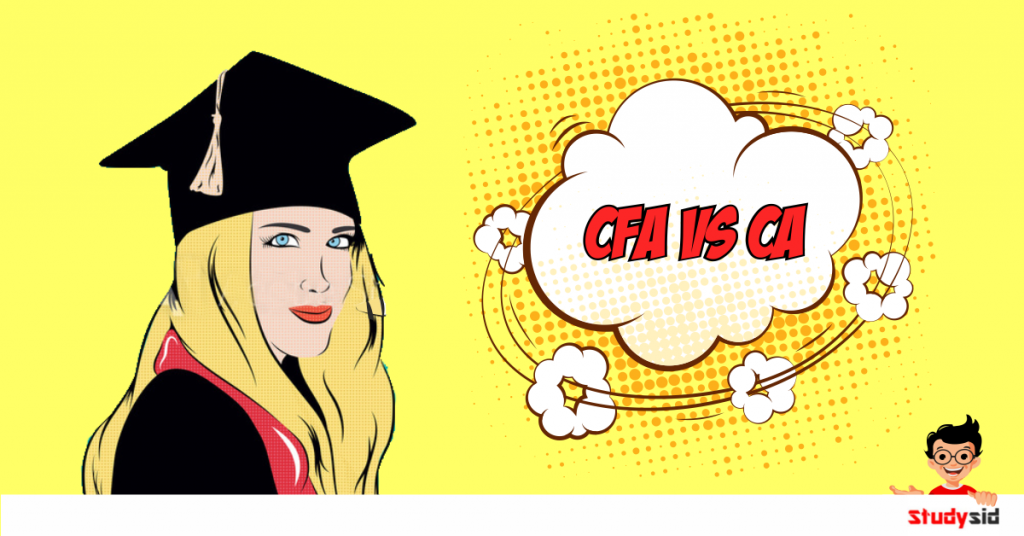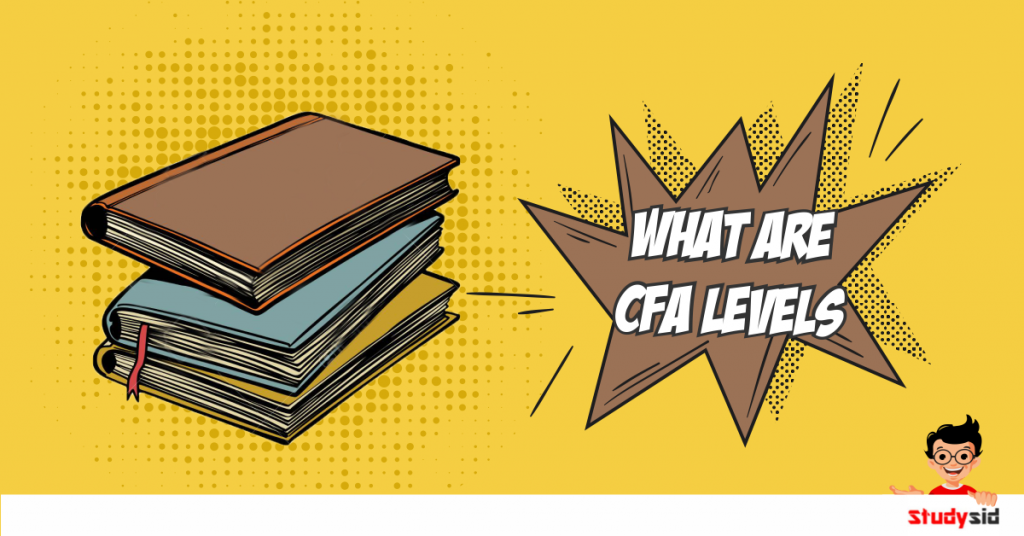The CFA Program is a globally recognized program offered internationally by the American Based CFA institute. The program covers a broad range of topics relating to investment management, financial analysis, quantitative analysis, equities, fixed income, and derivatives, and provides a generalist knowledge of other areas of finance. The course is extremely useful for those looking to make a career in the field of finance and acts as a career enhancer, opening up opportunities in the field of investment banking, consultancy, portfolio management. This article will answer the vital question, ‘What is The Best Time to Appear for CFA?’
To become a CFA charter holder, candidates must satisfy the following requirements:
- Pass all three levels of the CFA Program (mastery of the current CFA curriculum and passing three six-hour examinations)
- Have four years (48 months) of qualified work experience (or a combination of education and work experience acceptable by the CFA Institute). However, individual-level exams may be taken prior to satisfying this requirement;
- Become a member of the CFA Institute
- Adhere to the CFA Institute Code of Ethics and Standards of Professional Conduct
What Else?
While the Level 1 examination is conducted twice a year, in June and December the subsequent levels are only conducted once a year in the month of June.
While preparing for the examination it is necessary to start at the right time to ensure that you finish the curriculum on time and have adequate time to take tests to improve your performance. There is a fear of burnout if you start too early which can affect your final score while at the same time starting too late can result in you missing out on crucial revision time. For the best level of preparation, it is necessary to strike a balance and start well in advance to ensure you are adequately prepared when the time to take the exam arrives.
For candidates looking to give the test in December, it is essential that they start the preparation from June, making good use of the summer vacations to study important concepts. However, if you plan on taking the CFA Level 1 in June, it is imperative that preparation begins from January to ensure that you have any enough time to cover the entire syllabus and prepare accordingly.
However, a major decision that a CFA candidate has to take is to decide whether to start preparing for the exam while still pursuing graduation or wait until one has earned a degree to start preparation. Below we attempt to analyze the pros and cons of each strategy to help you decide which way suits you better
Preparing for CFA Programs while still enrolled in College
Advantages
Many students have shared that they have a lot of idle time in college. This time can be used effectively to prepare for the CFA Level 1 examination while still in college. It can be a great addition to your CV and can help you stand out from your peers in college. Studying can be comparatively easier for students with a commerce and finance background and can be a good way to boost your career prospects. Another advantage is that a lot of coaching centers and institutes provide ‘student’ discounts on coaching classes and books. While at the same time candidates can make use of university learning material and resources for preparation.
Disadvantages
Preparation for CFA is a full-time job, as the course outline is vast and requires a high level of practice. Long hours need to be spent on learning concepts and taking tests. This reduces the time available for extracurricular activities and other hobbies. Since one is preparing for the CFA while pursuing full-time graduation, maintaining a balance between the two can become hectic. In addition to this, 4 years of relevant work experience is required for you to obtain a CFA charter. Thus, starting early may not guarantee that you can receive your charter as soon as you finish the exam.
Waiting till college is finished to start preparation.
Advantages
Choosing to wait until you have graduated to begin your preparation also has a set of advantages. Without the burden of college commitments, you can fully focus on your preparation without any hindrances. Also, many employers provide perks to employees who are pursuing CFA while working. These act as added motivation for the candidate. In addition, working while studying the CFA provides you an opportunity to see the practical application of the concepts. This can help in the retention of the syllabus.
Disadvantages
Considering the hectic work hours one finds themselves in, it can be extremely tiring to pursue CFA with a job. A lot of the coaching classes are structured according to college timings and schedules. This makes attending classes for a full-time employee a bit difficult. In addition to this, research has shown that learning ability decreases with the passage of time. Thus, the best time to study the syllabus may well be during your college days.
While both the strategies have proven to be successful, it is imperative to choose the path which suits your abilities. With the right guidance, dedication, and hard work, one can clear the examination irrespective of when they pursue the course.



